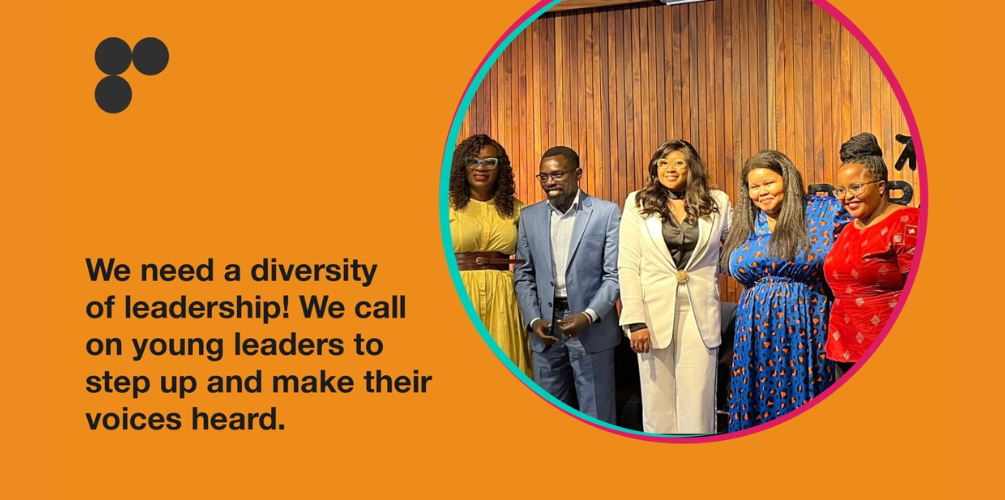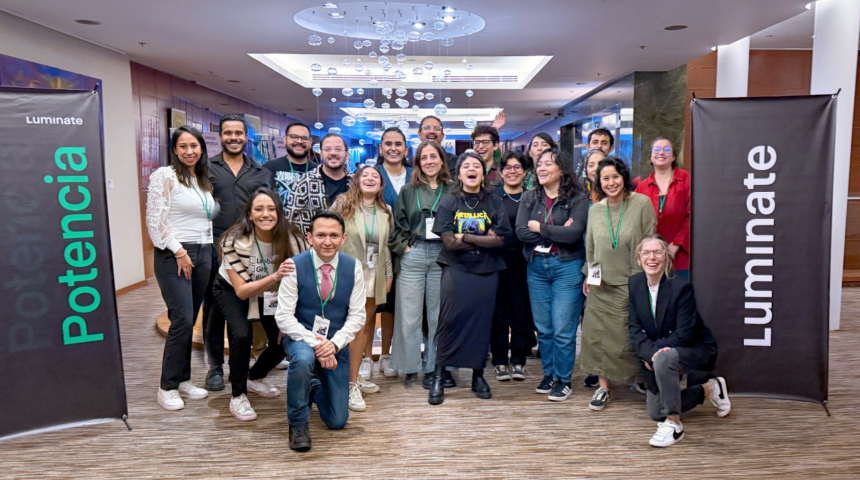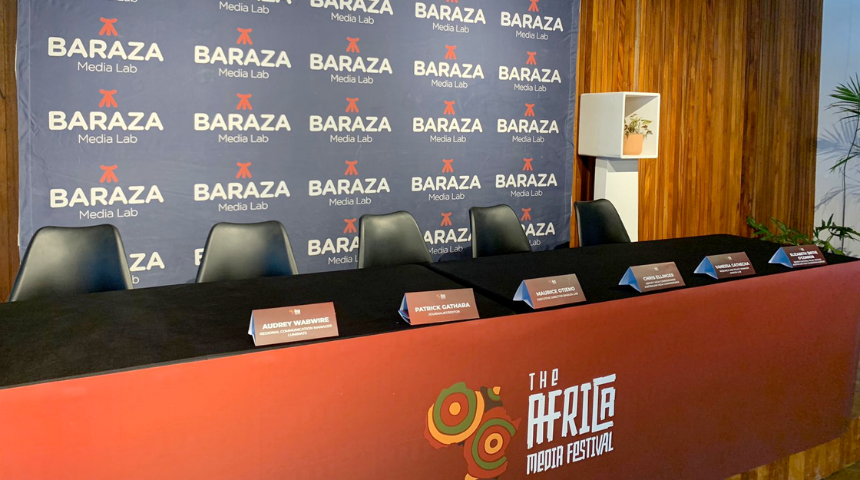The current African political leadership is not representative of the majority youth population with just over 1 in 10 of parliamentarians under 40 years old. Similarly, women make up more than half of the population, but they only constitute less than one third of legislators on the continent. I spoke about the need for more investment in this demographic at the annual Mo Ibrahim Governance Weekend which was held in Nairobi recently at a session organised by Futurelect, an African political academy. Luminate is proud to partner with Futurelect in their East African leaders’ programme that aims to train up to 30 young people and offer alumni support for their continued development.
African-led political academies are an important tool to create a steady supply of young leaders to be elected to office. Youth have always led the way in democratic movement building on the continent. The young Africans who fought for independence and led subsequent democratic movements show that African countries serve as their own best examples for successful youth leadership. Tom Mboya of Kenya, Albertina Sisulu of South Africa, and Obafemi Awolowo of Nigeria and many others demonstrate to me, as a young African woman today, that youthful leadership can be transformational.

It is inspirational that young Africans are working to diversify our political representation in current times. Futurelect is led by Lindiwe Mazibuko, a South African politician who ran for office when she was only 30 years old. Lindiwe was the first Black woman in South African history to be elected Leader of the Opposition in Parliament. Her leadership at Futurelect draws on her exemplary technical skills and lived experience as a young woman in African politics. The academy’s work started in South Africa, training young people aged between 18 – 45 who aim to venture into political leadership or public service. Young people and women remain largely excluded from political leadership around Africa.
Many African states are awake to this problem, and have taken steps to increase representation, particularly that of women, including through the institution of quotas. This has led to higher numbers of women members of parliament. But the progress is slow, and more must be done to build a representative leadership in Africa. Futurelect’s East Africa programme is a technical leadership institution, and an important pathway to building a network of young people and women in the region who can work with their peers across Africa. This network can provide sustained mentorship, nurturing even more leaders from historically excluded constituencies. This kind of support is critical in creating voices who can influence change for Africa as a majority youth population.
Related content

Potencia: The power of beyond-the-grant support

How Brazilians are defending their digital rights

The African Media Ecosystem and Technology
